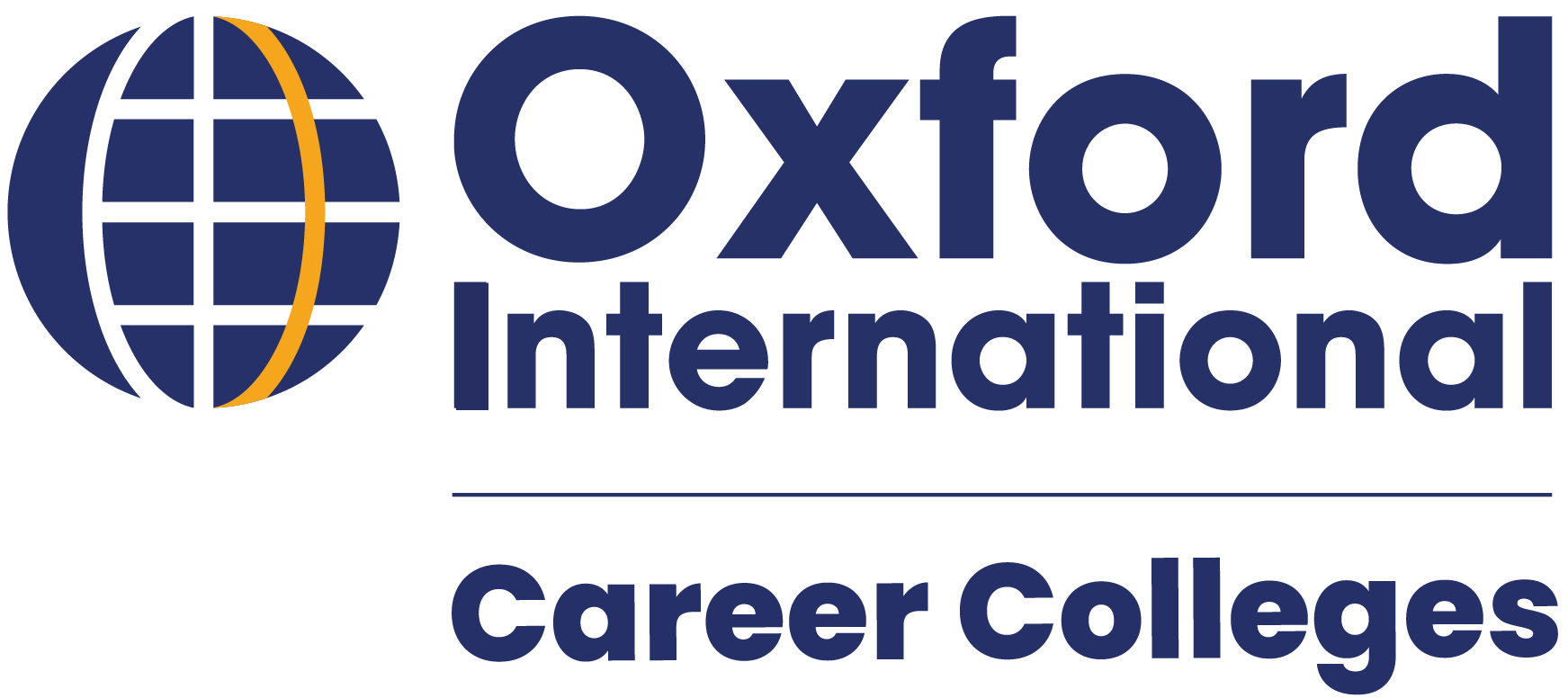Transferable skills play a vital role in helping you land your first job in your new industry. These skills, which you’ve picked up from past experiences, can be applied to the role or industry you’re transitioning into. They don’t necessarily have to come from a previous career path; you can also acquire them through volunteer work, hobbies, courses, or even day-to-day activities.
Transferable skills can be hard skills, like designing, marketing, or writing, as well as soft skills, like multitasking, critical thinking, or problem-solving. Soft skills are especially valuable because you can apply them to a wide range of job roles, regardless of title or industry. No matter where your career takes you, you can continue building on these skills and highlighting them to prospective employers. So, when transitioning to a new field, identifying, and showcasing your relevant transferable skills can set you apart and demonstrate the value you bring to a company.
Here some examples of transferable skills that can be valuable across different roles and industries:
- Communication Skills: Effective communication is essential in any job. Whether it’s writing clear emails, presenting ideas, or collaborating with colleagues, strong communication skills are transferable.
- Problem-Solving: The ability to analyze problems, think critically, and find solutions is valuable everywhere. Employers appreciate individuals who can tackle challenges creatively.
- Time Management: Balancing tasks, meeting deadlines, and prioritizing work efficiently are skills that transfer seamlessly. Time management is crucial in any role.
- Adaptability: Being open to change and learning new things is essential. Adaptability helps you thrive in dynamic environments.
- Leadership: Even if you haven’t held a formal leadership position, you can demonstrate leadership through teamwork, mentoring, or taking initiative.
- Customer Service: Understanding and meeting customer needs is relevant across industries. Whether you’re dealing with clients, users, or patients, good customer service matters.
- Data Analysis: Basic data analysis skills, such as interpreting trends or using spreadsheets, are valuable. They apply in various contexts, from marketing to finance.
- Project Management: Organizing tasks, setting goals, and coordinating resources are skills that transfer well. Project management is crucial for successful outcomes.
Remember, these skills can enhance your resume and make you stand out during a career transition!
Here are effective ways to showcase transferable skills during an interview:
- Behavioral Examples: Use the STAR method (Situation, Task, Action, Result) to share specific examples from your past experiences. Describe a situation where you applied a transferable skill, the task you needed to accomplish, the actions you took, and the positive results you achieved.
- Tailor Your Responses: Customize your answers to align with the job description and the company’s needs. Highlight transferable skills that directly relate to the role you’re interviewing for.
- Quantify Results: Whenever possible, quantify your achievements. For instance, if you improved a process, mention the percentage increase in efficiency. Numbers add credibility to your claims.
- Storytelling: Weave your transferable skills into compelling stories. Explain how you overcame challenges, collaborated with others, or adapted to changes. Storytelling makes your answers memorable.
- Research the Company: Understand the company culture and values. Relate your skills to their mission and goals. Show how you can contribute to their success.
- Ask Questions: Use questions to demonstrate your skills. For example, ask about team dynamics, project management, or problem-solving processes. This shows your interest and understanding.
Remember, practice is key! Rehearse your responses beforehand and be confident in showcasing your transferable skills during the interview.

